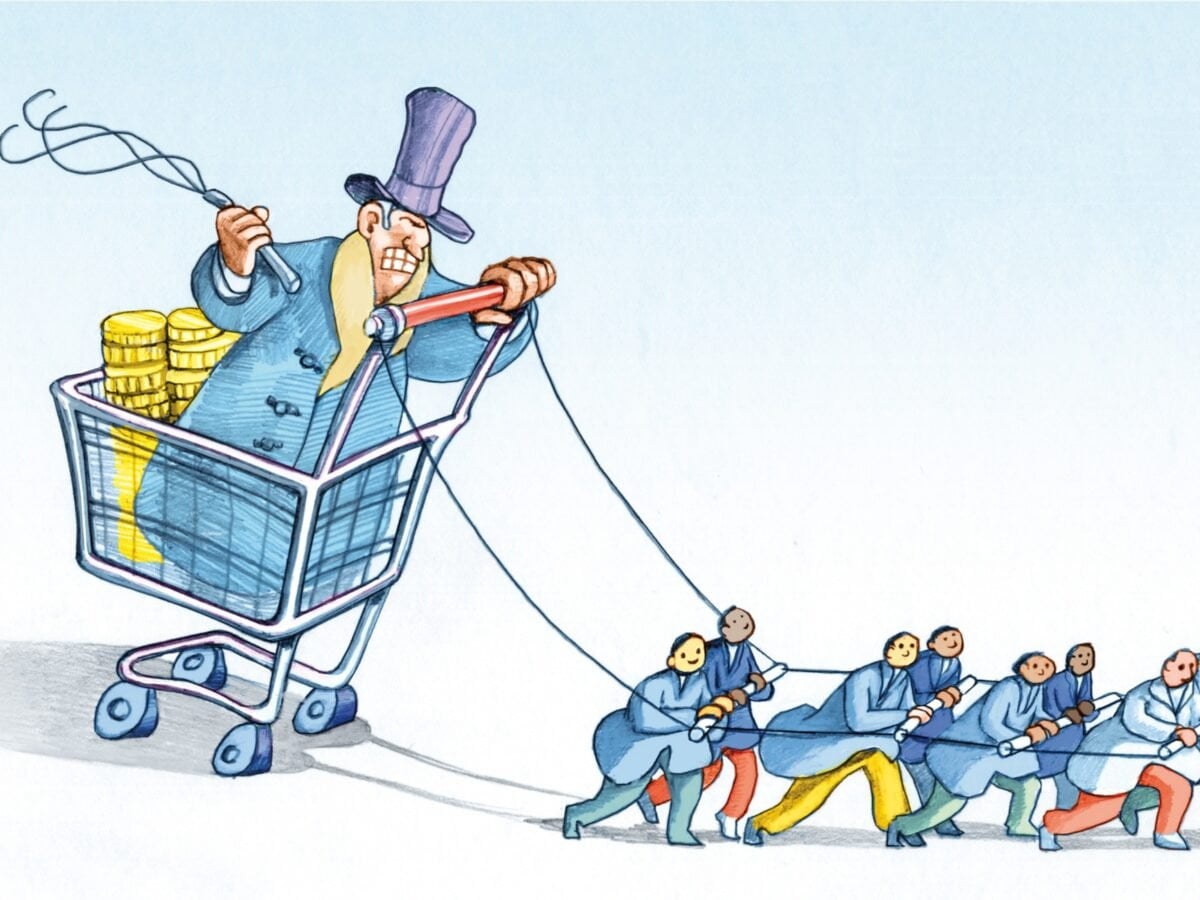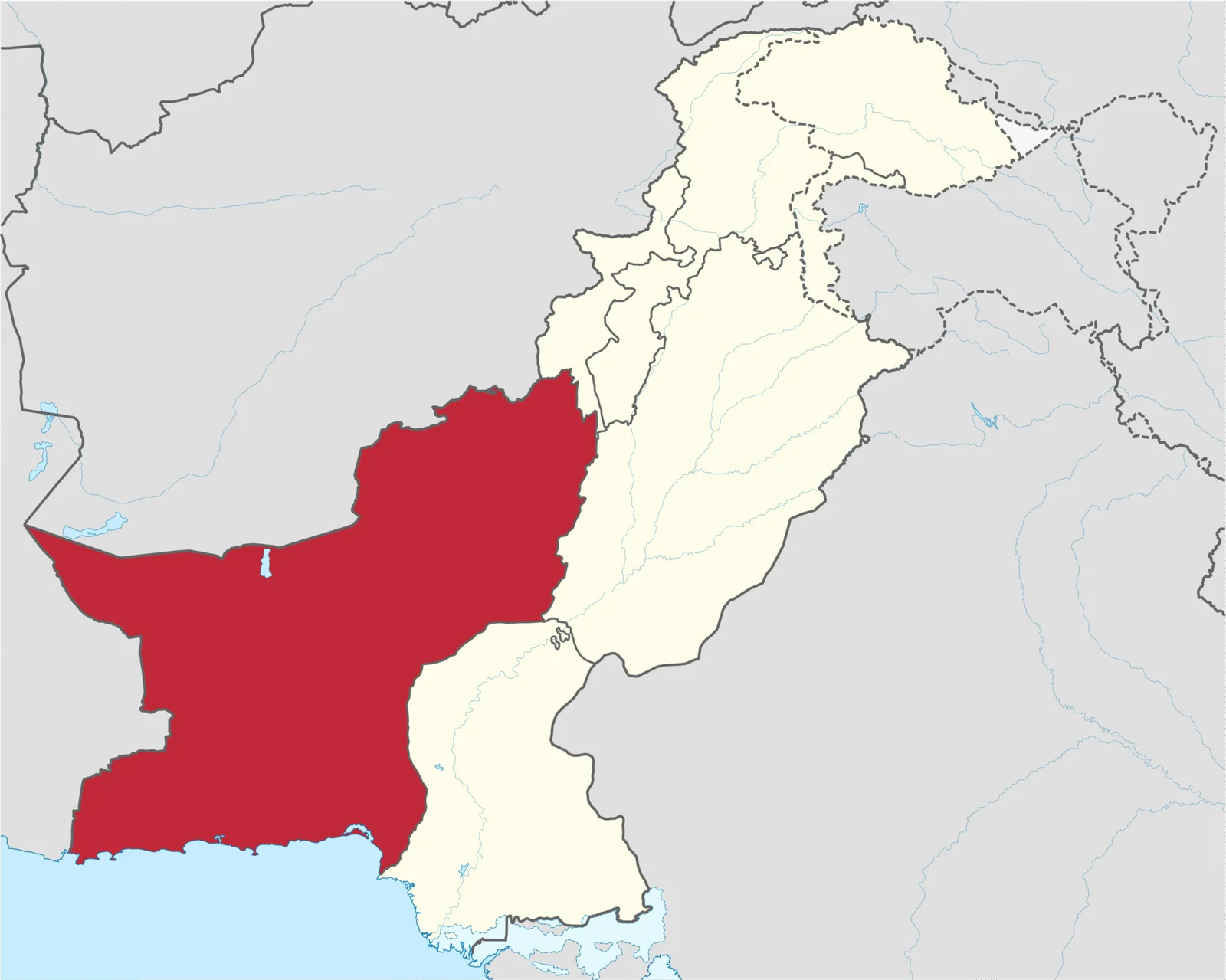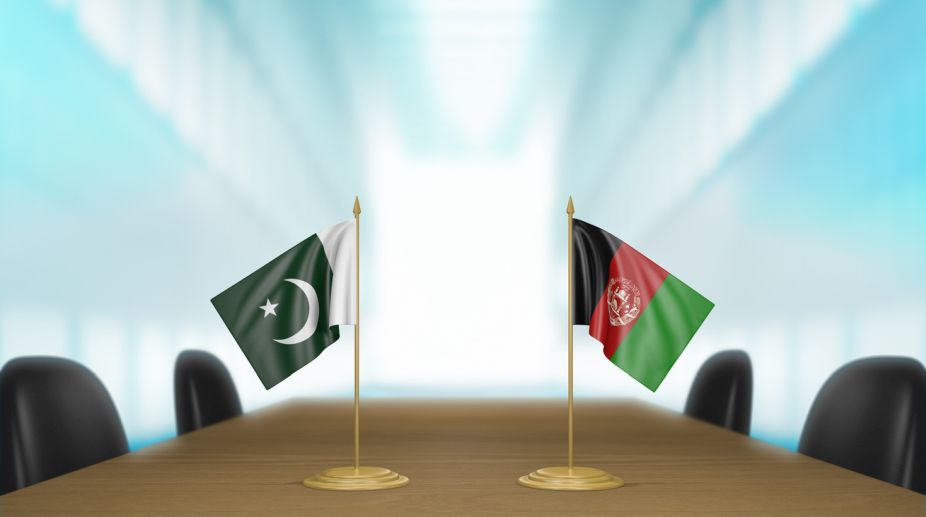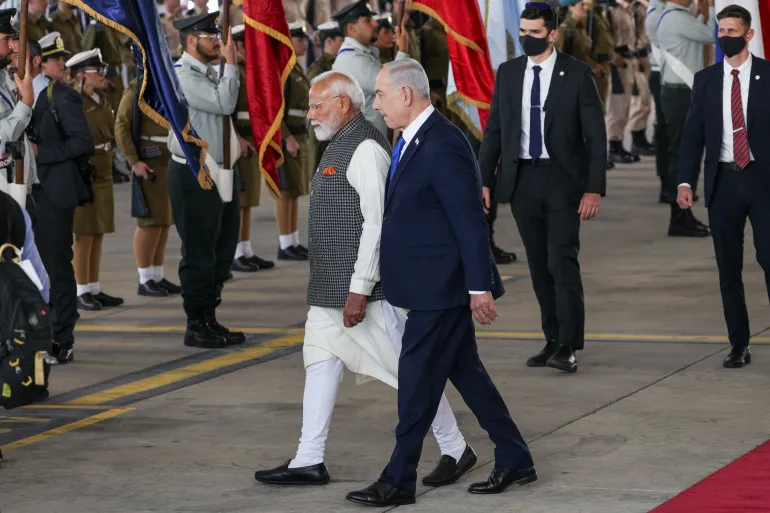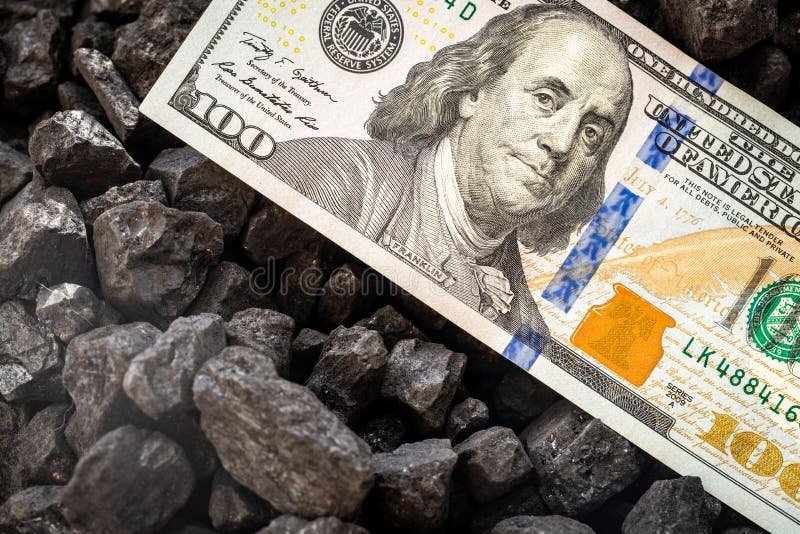EDITORIAL
Article three of the constitution provides the constitutional competence to the state structures to eliminate all forms of exploitation. It further ensures to development of the core principle of providing just and inherent fulfilment to the talent and hard work of the individuals. The article offers the cardinal of elimination of exploitation and developing humans to their fullest potential;
” The State shall ensure the elimination of all forms of exploitation and the gradual fulfilment of the fundamental principle, from each according to his ability to each according to his work”.
The article is more of a constitutional guarantee to the citizens of Pakistan. It vindicates the dignity of humanity by ensuring fundamental rights, liberties, equality, justice and the rule of law. The domain of the article extends from public life to socioeconomic life—the article incumbents upon the state to eliminate all forms of exploitation of the people of Pakistan. It protects the gradual fulfilment of the fundamental principles, from each according to his ability to each according to his work. The provision envisages the intent that the core objective of the state is the welfare and growth of the people, either individually or collectively.
What is exploitation? It refers to the action or fact of mistreating someone to benefit from their work or the act of making use of and benefiting from resources belonging to others. The intent, process and execution of the process can extend to individuals and collective people. The scope can cover social, cultural, economic, religious and human exploitation. The principle narrating the equality of humanity has always been subject to power dynamics. Thus, power and exploitation are synonymous. Therefore, the invincible power determined the corridors of the elite cultural power. The elite depends directly upon the exploitation of the other assemblies of society. The exploitation of individuals or communities is directly proportionate to the concentration of power by the elite.
Man is instinctively an exploitative specie. He exploits it for his benefit. It is close to his instinct. The chapters of history manifest it. Nevertheless, the growth and development of human law have appropriately handled the exploitative issue of man. The ideals of a just and welfare society have inspired humanity, and modern nation-states provide socioeconomic, cultural, religious, and constitutional guarantees to the state’s citizens. Hence, the constitution of Pakistan guarantees all citizens to eliminate exploitation and grow to the fullest potential of capacity.
The forms and substance of exploitation vary and extend to all aspects of individual and collective life. The doctrine of slavery had been the worst form of exploitation. Social exploitation remained rampant across all civilizations. The so-called superior biases of colour, caste, religion, and ethnicity exploited not only the dignity of humanity but also stayed instrumental in influencing individual and collective people to keep using the weak. The economic life of the individuals and assemblies touched upon several philosophers, including the prominent philosopher Carl Marx. His literary and philosophical contribution in the form of Das Capital inspired the generations. His work, exposing the exploitation of humanity, carved out a socialistic system based on the representative division of the economy. Then, religious and cultural exploitation has been a fundamental challenge to humankind. Hence, the exploitation, as mentioned earlier, is still ongoing.
The modern forms of exploitation are even more severe. The sexual exploitation of children and women has caused serious human rights violations. It is when someone is deceived, coerced, or forced to participate in sexual activity. It includes Prostitution, pole/lap dancing, stripping on a webcam, phone sex lines, internet pornography, or sex tourism. The women and children are trapped, and their innocence is compromised. It is the worst form of exploitation of the human body and soul. Many attributes forced marriages as part and parcel of said exploitation.
Human trafficking, smuggling of human organs, labour exploitation, and wage imbalances are also crucial human exploitations. Labour exploitation extends to violence or intimidation, accumulated debt, retention of identity papers and wage cuts. All types of labour within every industry are susceptible to labour exploitation. Some common sectors and domains that are critically vulnerable include Manufacturing, factory work, Hospitals, Construction, Agriculture, Fishing and domestic workplaces.
Pakistan is an exploitative society. The embedded caste system develops the class orientation of the community. The people belonging to the so-called lower caste are exploited not only culturally but also economically in our villages. The landlord and landless structures’ economic system brings the worst exploitation. Then, our organizational culture and designs are also exploitative. The same exploitative concept of the caste system is reflected in our administrative corridors. One can easily attribute the Class IV jargon of the working public servants. The public and private working class of employees face exploitation from executive administrators, and ordinary people also receive the same exploitation.
Elimination of exploitation is the core objective of article 3 of the constitution. The administrative aim is to implement the instrumental purpose protected in the article. Hence, the constitutional guarantee’s satisfaction is the article’s fundamental requirement. There are judicial, legislative and executive processes to implement the constitutional provisions. Fundamental rights and principles of policy enshrined in the constitution of Pakistan ensures the elimination of all forms of exploitation. Subsequent legislation, delegated legislation and policies carve out a holistic legal regime to eliminate the structures and classes of exploitation. Therefore, the constitution of Pakistan provides a judicial remedy to eradicate the exploitation referred to in article 3 of the constitution of Pakitan.
Articles 184 (3) and 199 of Pakistan’s constitution empower Pakistan’s judiciary to implement the public interest and uphold fundamental rights. The executive review of article 199 empowers the high court to issue writs against public functionaries to ensure law regimes, eliminate administrative exploitations, and provide fundamental rights. The process of upholding fundamental rights is directly proportionate to the elimination of exploitation. Then, the structures of legislation are also in place to eliminate exploitation. The legislature’s primary obligation is to legislate according to the purposes and intent of article 3 of the constitution. However, the administrative system is the shrewdest and fastest mode of eliminating the exploitation modes—Pakistan’s executive administration performs functions under the political executive’s control. The political executive represents the legislature’s majority, and the latter represents the people’s will. Hence, the political executive must ensure and guide the administration to work for the elimination of exploitation and promote the growth of the citizens.
The elite in Pakistan is an exploitative cartel and a severe challenge to the rule of law. They operate in social, economic and administrative structures. It is imperative to bring the elite of Pakistan under the regimes of law to ensure the elimination of exploitation and promote the growth of the citizens. Developing social, cultural and organizational institutions is instrumental in eliminating exploitation. The talent of individual and collective assemblies must meet poetic justice. The opportunities, the competition and the growth should have cardinals of equality, justice and equity.
Last but not least, disseminating article 3 of the constitution of the Islamic Republic of Pakistan is critical for society’s awareness. Awareness is a vital human blessing. An aware person and community can protect their rights and eliminate all forms of exploitation.



